With an area of 267,000 km², two thirds of which are located in the Saharan zone, Niger is a landlocked country of West Africa located between Algeria, Benin, Burkina Faso, Chad, Libya, Mali and Nigeria. The population was estimated at 19.2 million inhabitants in 2015 and more than 50 percent are less than 15 years of age. More or less, 4 Nigeriens out of 5 live in rural areas and a quarter of the national territory contains 75 percent of the population.
At the human level, the Nigerian population faces a complex and multi-shaped vulnerability. Poverty affects 59.5 percent of the population, 83 percent in rural areas. The Human Development Index (HDI) places the country in the last position in the ranking according to the HDI of 2014.
A demographic growth much larger than the economic growth, environmental degradation, weakness of the technical framework and the support to the means of production and education, lead to a situation of extreme vulnerability. Indeed, in matters of food security, Niger is a country periodically vulnerable.
Food insecurity is a deep-rooted problem and a quasi-permanent issue for the country that experiences, almost every year, 43 percent of the households face moderate or severe food insecurity. The Nigerien economy is characterized by its weak diversification and its great vulnerability to climate hazards. The rural subsistence agriculture and livestock are dominant but the weight of agriculture in the GDP is even lower. The global acute malnutrition rate in 2013 was 13.3 percent whereas the critical line is 10 percent.
In the domain of sustainable development and the environment, the occupation of the large majority of the population in a weakly diversified subsistence rural economy translates into the high levels of poverty. The increasing feminization of poverty results from gender inequalities, notably for the access to the production factors. Also, we can observe a weak access of the poor to the financial services of proximity. Poverty in Niger is also tightly linked to the weak access of the populations to basic social services.
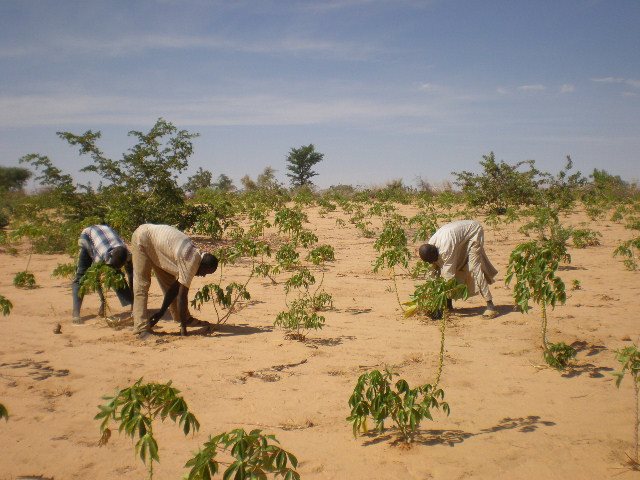
Context of the area of intervention of PADEL (Maradi region)
If the Maradi region has long been called an economic centre, it is certainly due to its commercial dynamism, but also due to its relative industrialization. The industry of Maradi has experienced a real growth in the '80s that suggested a brilliant future with no less than a dozen industrial units.
Today, the situation has strongly deteriorated and there are only three industrial modern units that constitute the industrial core of the region. The craftsmanship, often informal, plays a very important role in the lives of the urban and rural populations and disposes of an important potential. However, the deficiency of the road network hinders heavily on the economic activities and constitutes a serious handicap for the integration of several localities in the dynamic of the regional economy.
The economy of the region is based on agriculture and livestock, which occupy more than 80 percent of the population, and secondarily on the other industrial sectors, trade and craft work. The main issues for the development of the region are:
- A limited access to basic social services due to an insufficient offer of service and supervision infrastructures, adequate with the needs of a population whose growth is not controlled;
- A weak (or non-existent) revenue explained by the irregularity of the rainfall, a limited access to the production factors such as credit, leading to a weak capacity of agricultural production, storage, processing and commercialization and food access;
- The difficulty in ensuring the stability of the price of cereals and their access for the populations;
- Weak human and institutional capacities: the organisational difficulties of local markets and the lack of real strategies of food security in the local development plans in most municipalities;
- Problems in managing water and soil fertility with a continuous decrease of crop yields in a large part of the Maradi region.
The combination of the following factors stresses the demand for social services, strengthen the pressure on the scarce existing services due to a limited offer of public services of the State and the local governments. To this we can add persistent socio-cultural barriers that result in the fact that women do not have access to land property even if they works on it. Generally, women have the responsibility of childcare without controlling the family resources, including the management of cereal stocks that are the responsibility of the men. However, thanks to the intervention of the PADL, in particular in the Mayahi department, positive changes but fragile, have been noted.
Finally, PADEL is justified in a context where the decentralization process is still on-going and where the issue of food insecurity still has not received an adequate response in the Maradi region. Despite important investments and the mobilization of technical and financial partners, in support to local development and the SDRP, poverty remains endemic in rural as in urban areas.
The Support Programme for Local Economic Development (PADEL)
PADEL aims at ensuring to the populations of the Maradi region an access to financial and public services in order to promote local economic development, improve food security by reducing malnutrition. PADEL falls within the framework of the joint programme of the SNU in Maradi and also establishes operational and strategic partnerships with other actors. PADEL is complementary and the development of synergies with the other agencies of the UN in the respect of each other mandate. The setting up of the Joint Programme facilitates complementarity in so far as PADEL has chosen the municipality as the privileged entry door for interventions, with the municipal council as the project manager tasked with providing the impulse, coordination and support to the achievement of local development initiatives in the framework of the local development plans. Therefore it is about making coherent and complementary the different intervention so that their impact is synergistic.
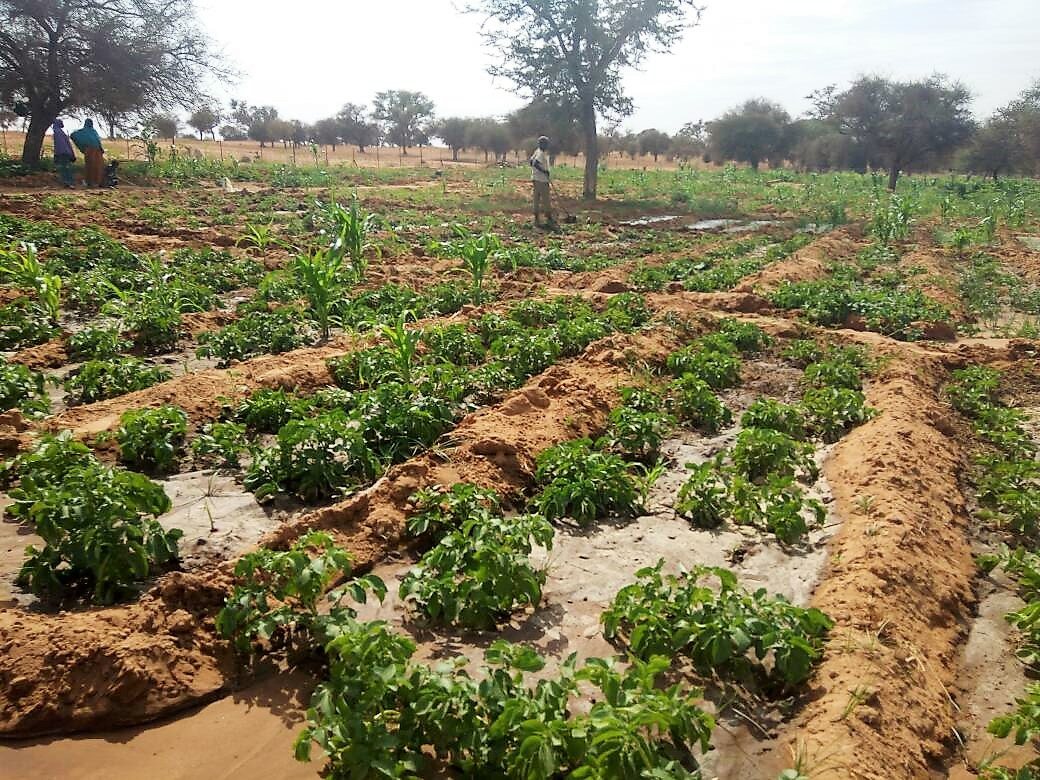
The PADEL Strategy
At the heart of the strategy of intervention of PADEL is found in the strengthening of project ownership for the local authorities (training, supervision, development of tools: guides, manuals, performance contracts, etc.) by incentivizing more partnerships with the State, the private sector, civil society and the financial system. This strategy also values the constant search for thematic and geographic complementarities with other actors intervening in the region to create more synergies in the actions implemented by other technical and financial partners and UN agencies in Niger. At the center of this approach is the empowerment of the local authorities to the creation of partnerships with the entirety of the local economy actors, notably the governmental representatives, entrepreneur associations and labour organizations, the SFQ, the chambers of commerce, cooperatives, producers’ groups, women's organizations and the other NGOs (public-private-civil society partnerships).
Read more about the PADEL strategy
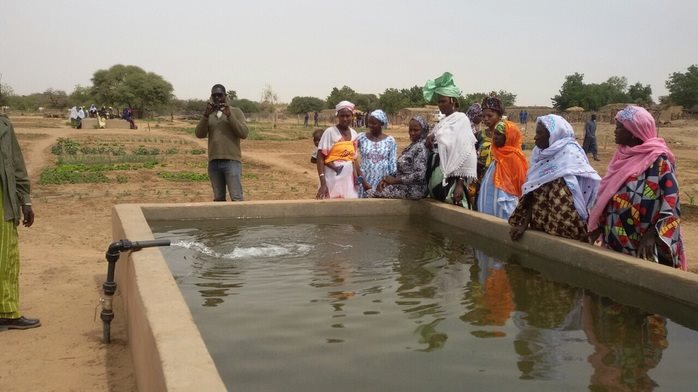
A participative approach
The formulation of the PADEL projects are conducted following a participative approach. The missions rely on the « concept note » whose axes of intervention are previously validated with the partners. UNCDF also utilizes abundant documentation relative to policies, strategies, programmes and projects of the government as well as the one relative to the interventions of the development partners in the targeted intervention sectors.
The projects are built in regards to the experience learned from prior projects of PADEL but also in regards to the needs to adapt to the current challenges. This can translate by a tighter anchorage within the policy of the government such as the option of project ownership by the local governments or a better articulation between local development, food security and inclusive finance.
The financial tools
By setting up adapted financial products, the PADEL programme acts on two of the main axes of food insecurity which are accessibility and stability. Through global financial products (equipment, utilization and social) the programme bets on the education on the culture of revenue management.
Read more about the financial tools
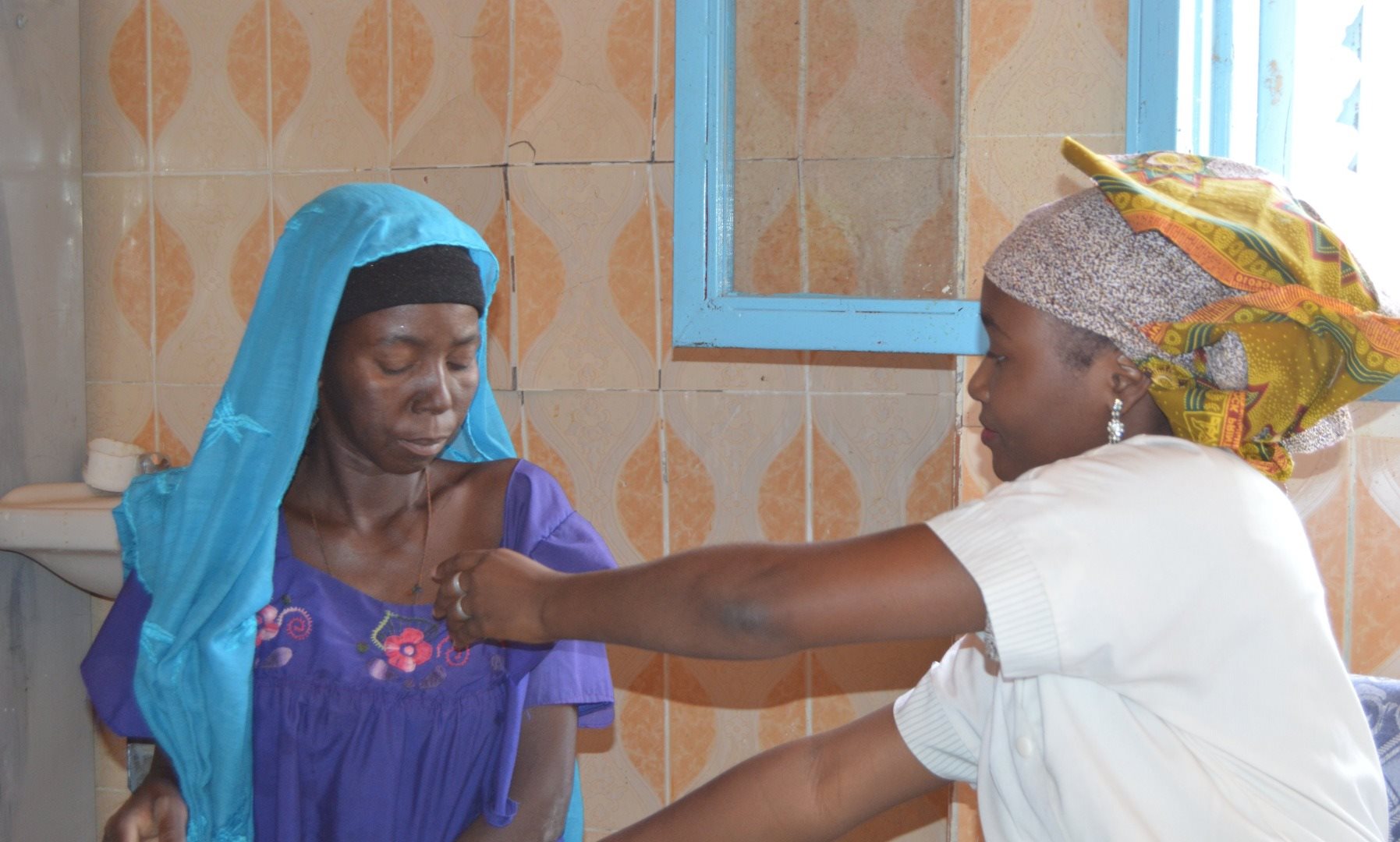
The monitoring tools
The conditions for a good execution of PADEL are secured by the setting up, from the start of the Programme, of a simple and efficient monitoring system based on an information management system, now used by UNCDF in all of its projects in reference to the framework of strategic results. This system is oriented on a complete and prepared inventory, from the start of the Programme, from the entire available data at the level of the local authorities and all the partners in order to have a base of reference to measure the effects of the Programme and in particular on the SDGs.
Read more about the monitoring tools
The financial and technical partnerships of PADEL
The setting up of PADEL requires the development of partnerships, operational as well as financial, to capitalize on past experiences of all the stakeholders. An exchange and sharing of experiences framework is established with all the partners intervening in the same areas than PADEL. The sharing of approaches as well as of the reading of the great challenges to development in the Maradi region confirms the relevance and the necessity to create and maintain a partnership dynamic based on the comparative advantages of each.
Read more about the financial and technical partnerships
PADEL and the Sustainable Development Goals
The Sustainable Development goals (SDGs) currently constitute the international agenda of reference for the development actors. To this regard, PADEL works for the taking into account and the integration of the objectives of fighting against poverty during the planning of the local development plans and the annual investment plans, this with a perspective of empowering and making the citizens participate in their own development.
Read more about PADEL and SDGs
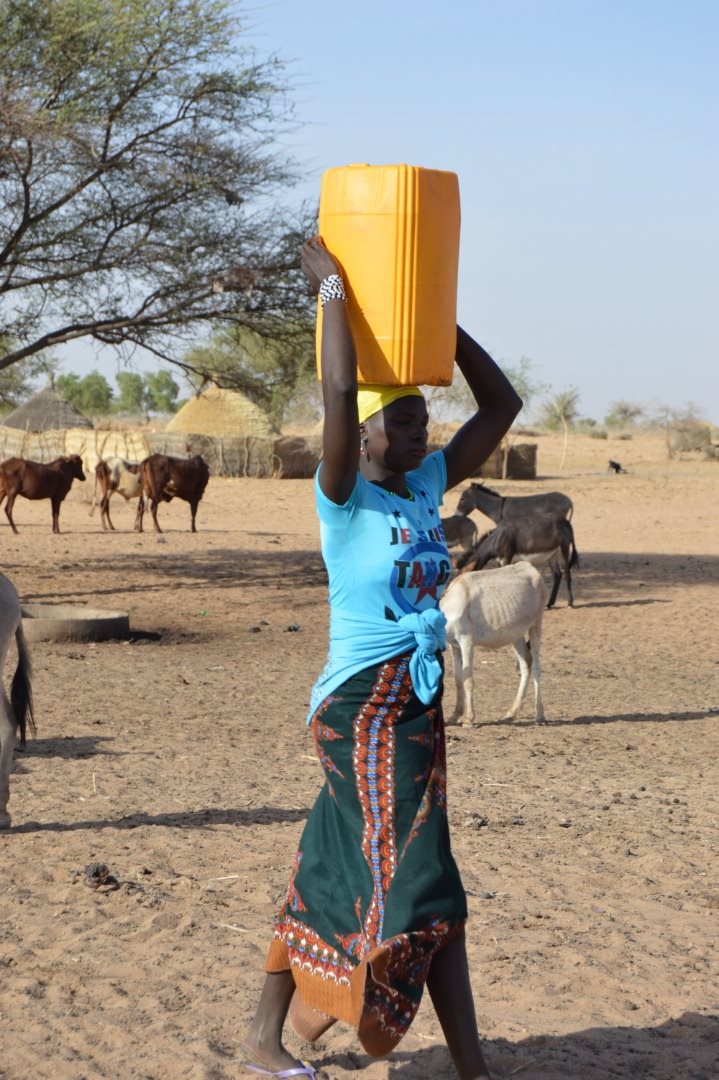
Contribution of PADEL in matters of basic social services
The quantity of sanitary, educative, hydraulic infrastructures achievements by PADEL and the measures taken to ensure their good use are the guarantee of an efficient contribution of the programme to the progress of the municipalities of Mayahi for the improvement of the access for vulnerable persons to basic social services. Indeed, up until now, the achievements of the Mayahi PADEL have enabled the implementation of several social infrastructures.
Read more about the contributions of PADEL








